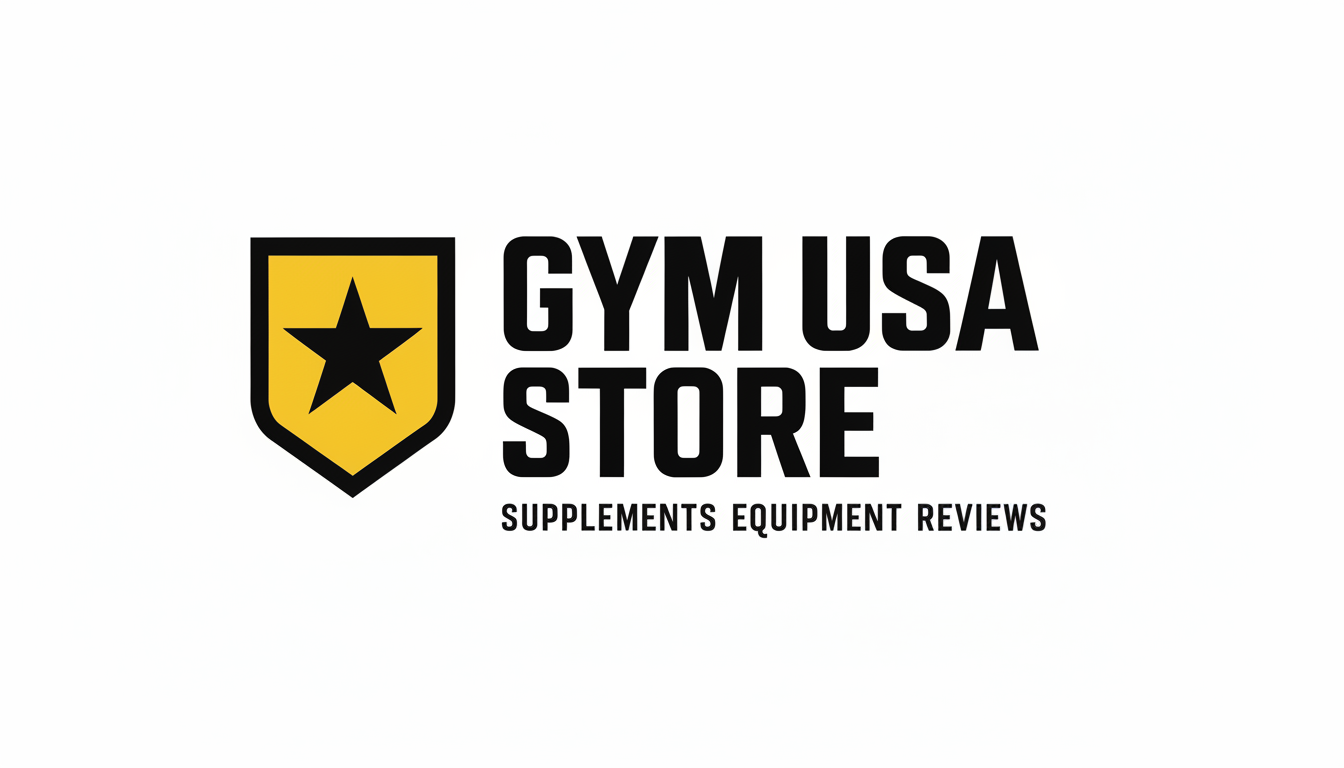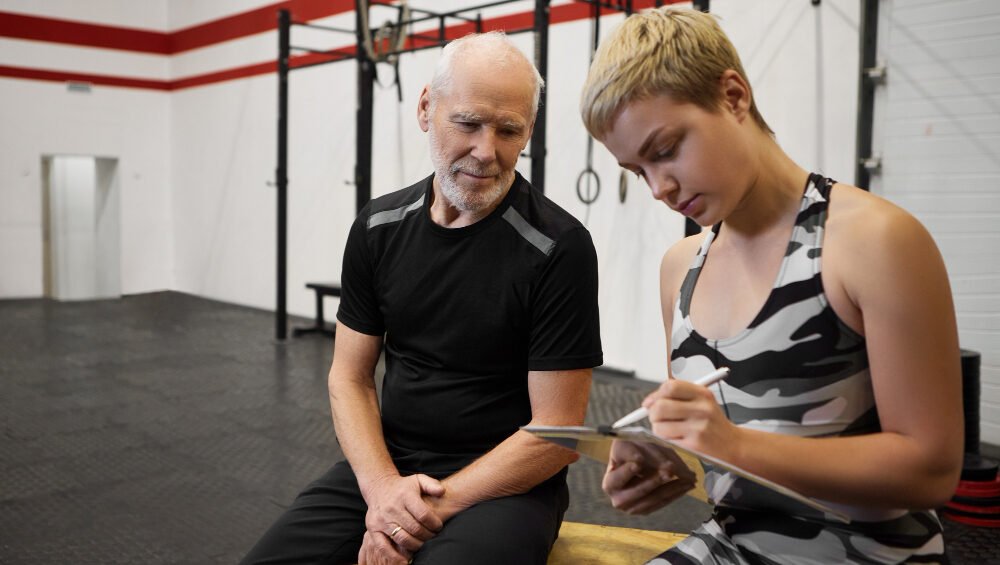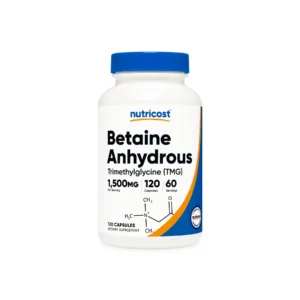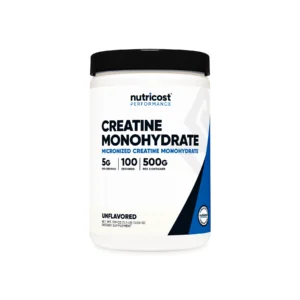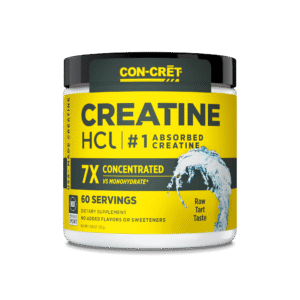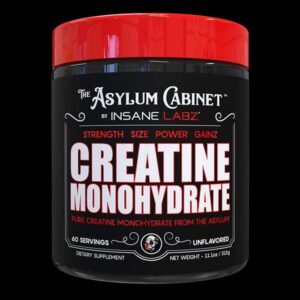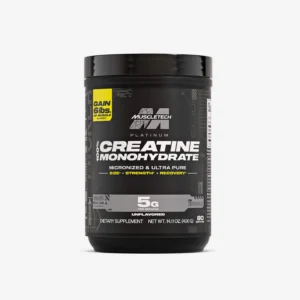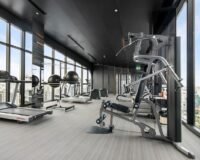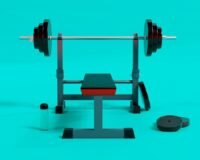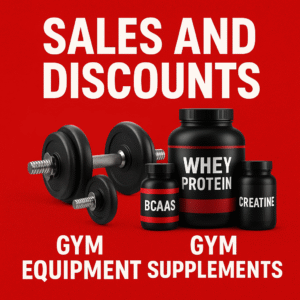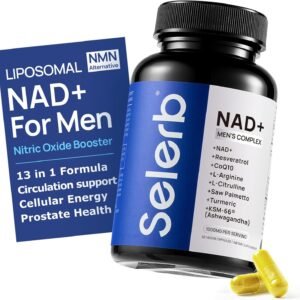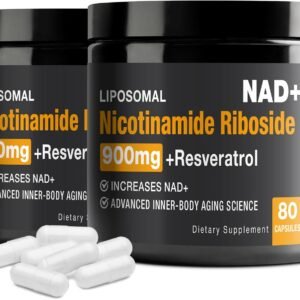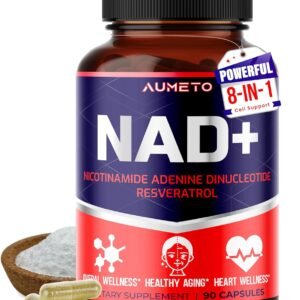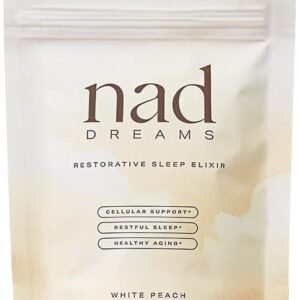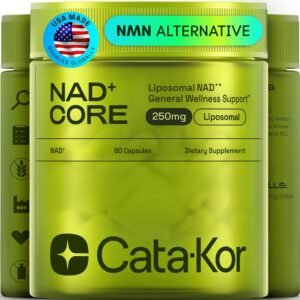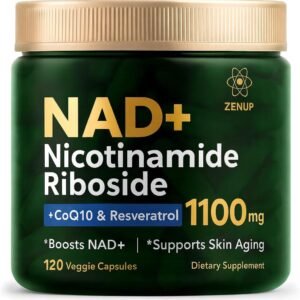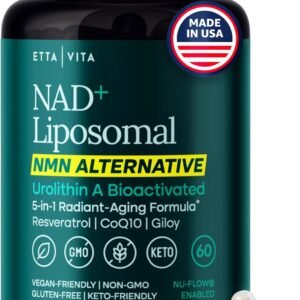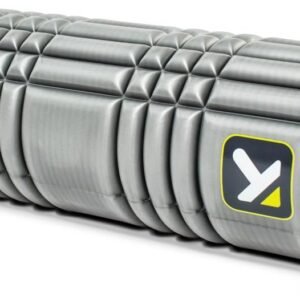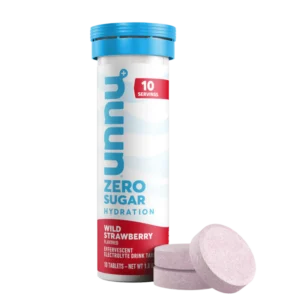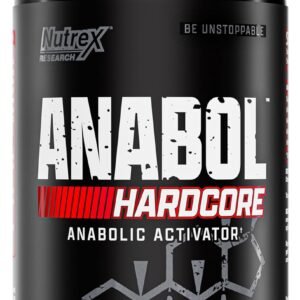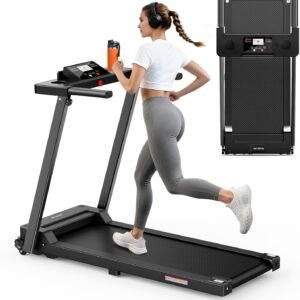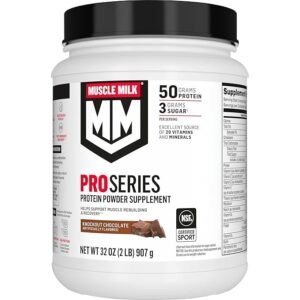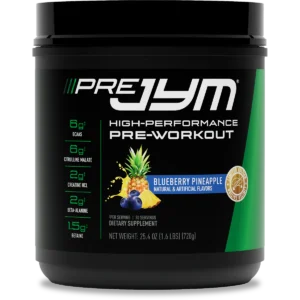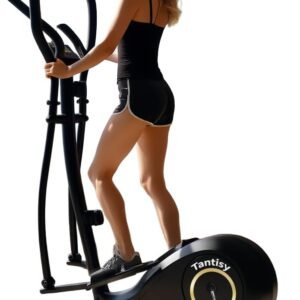Best Supplements for Athletes Over 40 — what actually helps performance, recovery & longevity
Aging doesn’t mean slowing down — but it does change the rules. Around and after age 40 the body loses muscle mass and bone density more quickly, recovery is slower, and inflammation and joint wear increase. Smart supplementation for the 40+ athlete focuses less on “magic” gains and more on preserving muscle, speeding recovery, protecting joints and heart health, and supporting sleep and cognition. Below are evidence-based supplements worth considering, why they matter for mature athletes, practical doses and stacking advice you can use today.
Quick takeaways: Creatine, a high-quality protein, omega-3s, vitamin D (often with calcium), collagen, magnesium and performance aids like beta-alanine and caffeine offer the most consistent benefits for athletes over 40. Use third-party tested brands, start one change at a time, and check with your clinician if you have chronic disease or take medications. (Sources: NIH Office of Dietary Supplements; systematic evidence-summaries such as Examine and university guidance.) Office of Dietary Supplements+1
Why supplement choices should change after 40 (short primer)
- Muscle and strength decline (sarcopenia) — starting in midlife, muscle mass and strength decline unless opposed by consistent resistance training. Supplements that support muscle protein synthesis (protein, creatine) become more valuable. Life Extension
- Recovery slows & inflammation rises — older athletes often report longer soreness and higher baseline inflammation, which makes omega-3s and compounds with anti-inflammatory evidence useful. strengthmadesimple.com
- Bones & joints matter — preserving bone mineral density and protecting cartilage becomes a priority for long-term athletic participation (vitamin D + calcium, collagen, targeted joint support).
- Cardiometabolic risk increases — supplements with cardiovascular benefit (omega-3s, vitamin D where deficient) should be prioritized alongside training and diet.
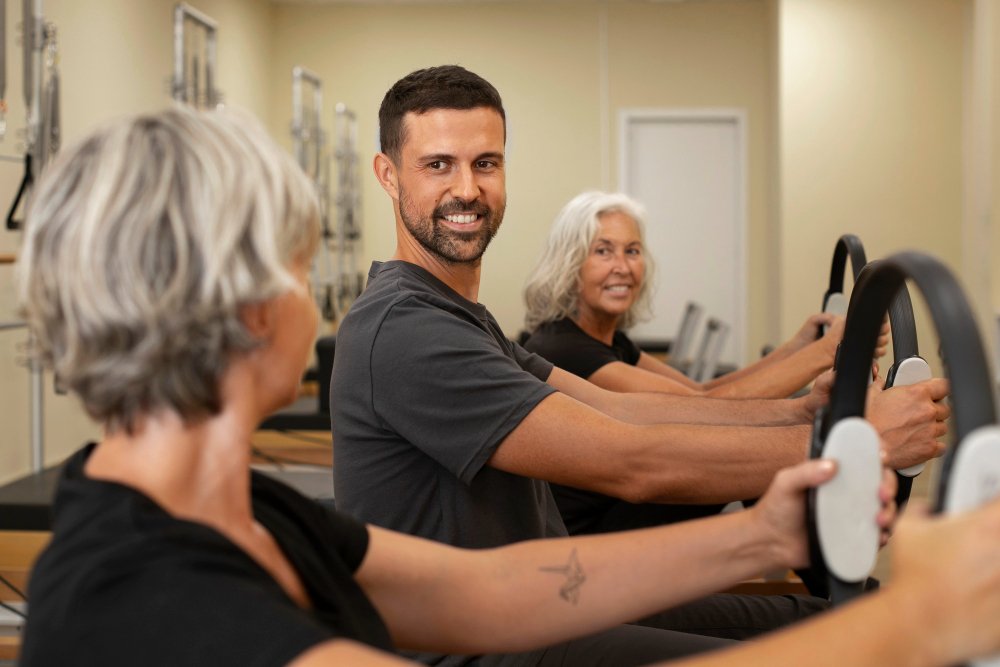
Top supplements — what to take, why, and how (evidence + doses)
1) Creatine monohydrate — the most under-used anti-aging performance drug
Why: Increases high-intensity performance, strength gains with resistance training, and helps preserve lean mass in older adults. Recent clinician reviews recommend low daily doses for older athletes to combat sarcopenia. San Francisco Chronicle+1
Dose: 3–5 g/day maintenance (optional 20 g/day loading split for 5–7 days).
When: Any time daily; with post-workout protein/carbs may slightly improve uptake.
Notes: Safe for most; discuss with doctor if you have kidney disease. Choose creatine monohydrate with NSF/USP third-party testing.
Check also: Top Energy Supplements for Busy Professionals Who Train
2) High-quality protein powder (whey, milk, or plant blends) — simplify hitting targets
Why: Older athletes have blunted muscle protein synthesis; greater per-meal protein (~30–40 g) supports muscle maintenance and recovery. Convenient protein powders help reach those targets.
Dose: Aim for 1.2–1.6 g/kg/day total protein (athlete levels often 1.6–2.0 g/kg/day depending on goals). Use a 20–40 g bolus after workouts.
When: Spread across day; post-workout bolus helps recovery.
Notes: If dairy intolerant, choose an isolate or plant blend with leucine content comparable to whey.
3) Omega-3 fish oil (EPA + DHA) — joints, heart, and inflammation
Why: Omega-3s reduce systemic inflammation, may lower joint pain, and support cardiovascular health — priorities once you hit 40. Several reviews find consistent benefits for inflammatory markers and joint comfort in active adults. strengthmadesimple.com+1
Dose: 1–3 g combined EPA+DHA daily (higher doses for inflammation under clinician guidance).
When: With a meal (fat improves absorption).
Notes: Look for molecularly distilled, IFOS/USP/NSF-tested products. If fish allergy — algal DHA products exist.
Related Products
-
Nutricost Creatine Monohydrate Powder
Original price was: $25.97.$21.50Current price is: $21.50.
4) Vitamin D (with calcium when needed) — bone, immunity, mood
Why: Deficiency is common, impacts bone health, muscle function and immunity. Older athletes often have indoor training or low sun exposure. Test 25(OH)D levels to personalize dose. Office of Dietary Supplements
Dose: If deficient, clinician may recommend 1,000–4,000 IU/day or higher short term; maintenance often 1,000–2,000 IU/day. Pair with calcium only if dietary intake is low or doctor recommends it.
When: Any time; ideally with fat-containing meal.
5) Collagen peptides + vitamin C — joint and tendon support
Why: Emerging trials show collagen hydrolysate (often 10–15 g/day) combined with resistance training can reduce joint pain and support connective tissue. Vitamin C helps collagen synthesis.
Dose: 10 g collagen peptides daily + 50–100 mg vitamin C (from diet or supplement).
When: Some protocols suggest taking before training to supply amino acids when tendons are stressed.
Notes: Collagen isn’t a complete protein — keep total protein high.
6) Magnesium — sleep, recovery, muscle relaxation
Why: Many adults are magnesium borderline; magnesium aids sleep, muscle relaxation, and metabolic health. Athletes losing electrolytes may especially benefit.
Dose: 200–400 mg elemental magnesium (glycinate or citrate) at night if sleep is an issue.
When: Evening often helps sleep; split doses if GI issues occur.
7) Beta-alanine — improve high-intensity capacity
Why: Increases muscle carnosine, improving performance in 1–10 minute high-intensity efforts (useful for masters competitors in intense intervals). Evidence supports benefits across ages. Examine
Dose: 3.2–6.4 g/day, split to reduce paresthesia (tingling).
When: Daily — cumulative buildup required.
Check also: Bodybuilding and fitness supplements for sale – good affordable deals
8) Caffeine — evidence-backed ergogenic aid
Why: Increases alertness, power output, and perceived effort. For athletes over 40, strategic caffeine before training or racing can restore nervous system vigor.
Dose: 3–6 mg/kg body weight pre-exercise (start low to test tolerance).
When: 30–60 minutes before training/comp. Avoid late-day use if sleep is affected.
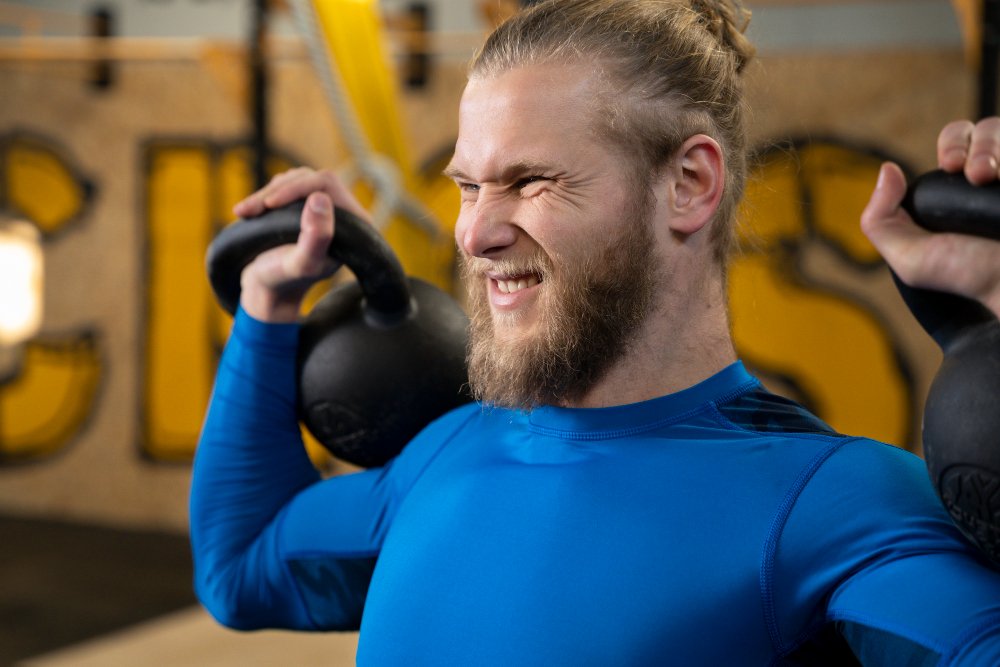
9) Curcumin (turmeric extract) — targeted inflammation control
Why: Bioavailable curcumin extracts reduce exercise-induced soreness and inflammation in some studies. Useful for athletes with chronic joint discomfort who need gentle inflammation control.
Dose: Follow product label for bioavailable extract (often 250–500 mg twice daily of standardized curcumin formulations).
When: Daily; pair with black pepper (piperine) formulations if tolerated to increase absorption.
10) Probiotics & general micronutrient strategy — gut, immunity, and absorption
Why: Gut health affects nutrient absorption, inflammation and recovery. Focus first on diet; consider a multi-strain probiotic if GI symptoms or frequent antibiotics. Also ensure B12, iron (for female athletes), and potassium intake are adequate.
Dose: Choose products backed by research for the condition (e.g., athlete-specific strains). Check bloodwork for iron/B12 before supplementing.
How to build a practical “over-40 athlete” stack (examples)
Everyday foundational stack (for most active 40+ athletes):
- Creatine monohydrate 3–5 g/day
- High-quality protein powder to hit daily targets (post-workout bolus 20–40 g)
- Omega-3 1–3 g EPA+DHA/day
- Vitamin D 1,000–2,000 IU/day (adjust to blood levels)
- Magnesium 200–400 mg at night
Add for workouts or events:
- Caffeine 3 mg/kg pre-workout (test tolerability)
- Beta-alanine 3.2 g/day for repeated sprint/high-intensity sports
Add for chronic joint issues:
- Collagen peptides 10 g/day + vitamin C
Related Products
-
CON-CRĒT Creatine HCL
$27.49 -
CON-CRĒT® Creatine HCl Gummies, Sour Berry Zing Flavor
$29.99 -
Insane Labz Asylum Cabinet Creatine
$64.99 -
MuscleTech 100% Creatine Unflavored
Original price was: $32.99.$25.75Current price is: $25.75.
Safety, interactions & quality control
- Always check underlying health issues. Kidney disease, blood thinner use (omega-3s, high-dose vitamin E), or hormone therapies require clinician discussion.
- Third-party testing matters. Use NSF Certified for Sport, USP, or Informed-Sport tested brands — especially if you compete and are subject to doping tests.
- Start low and add one at a time. This helps identify benefits and side effects.
- Bloodwork is your friend. Test vitamin D, iron, B12 and basic metabolic panel annually or as your clinician advises.
